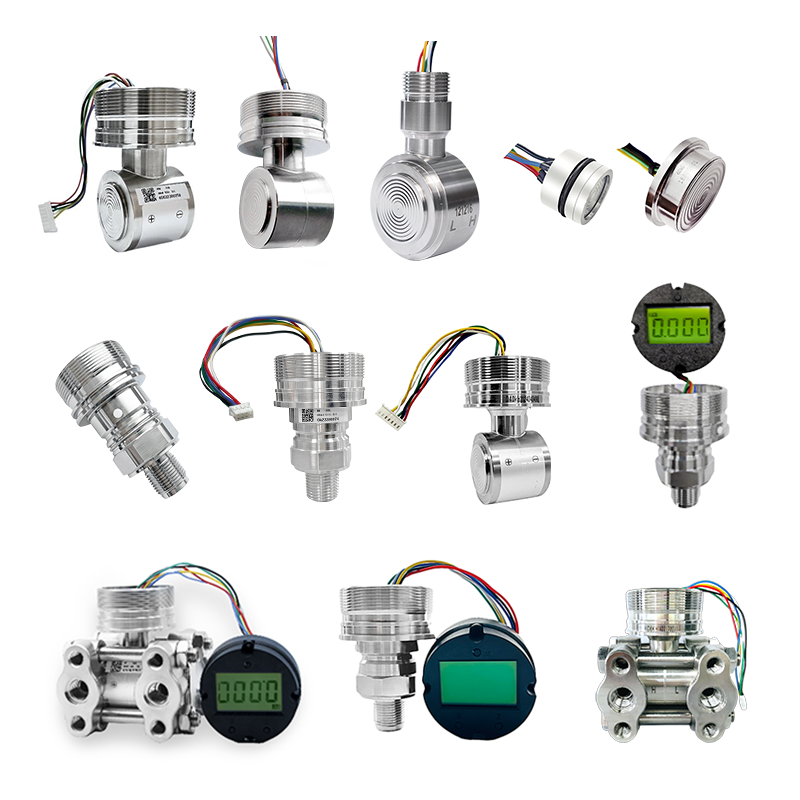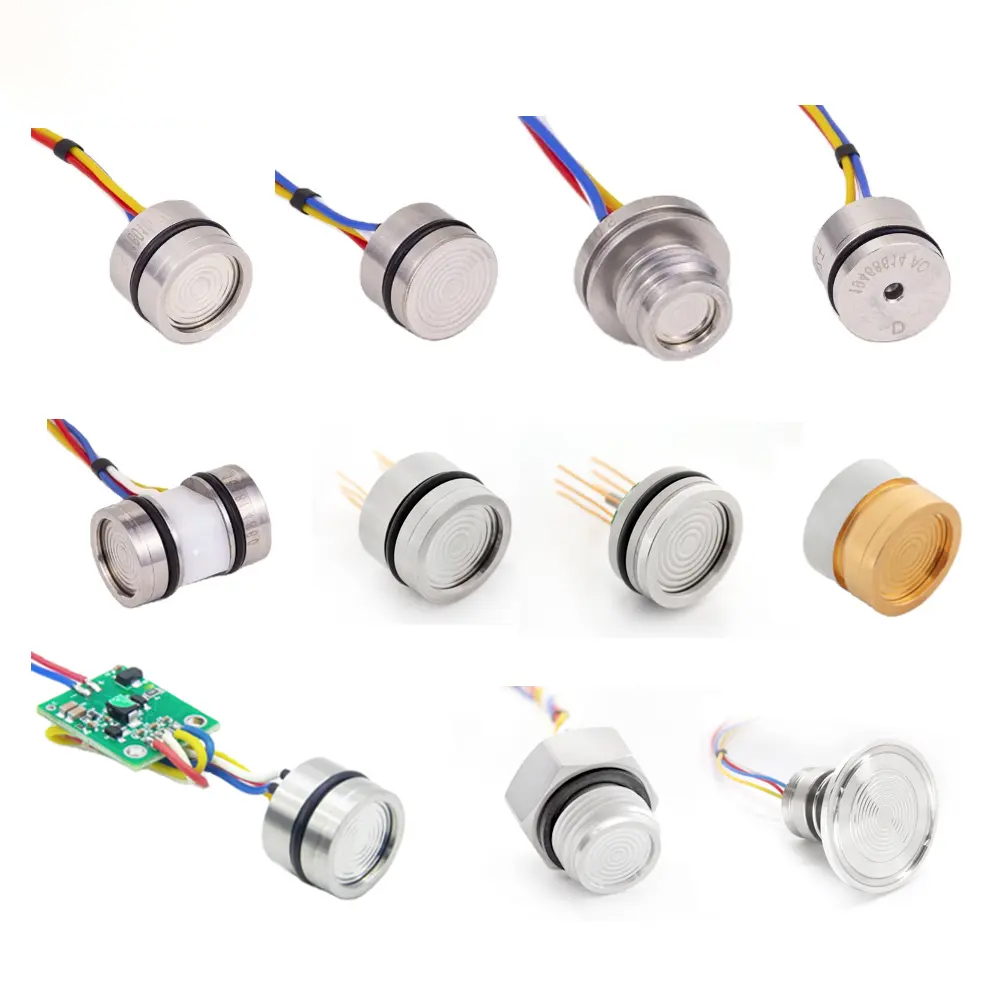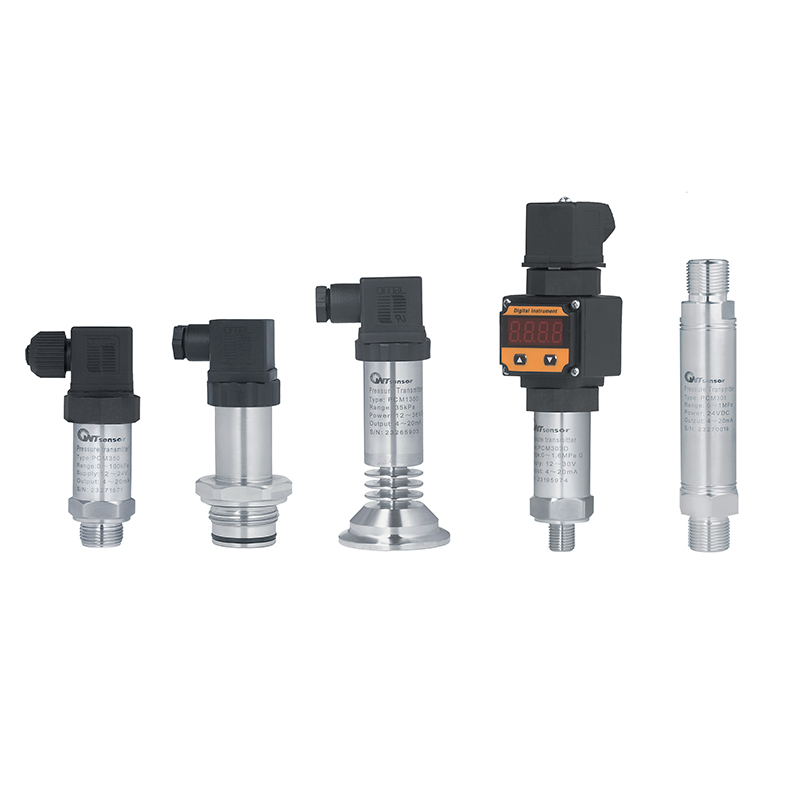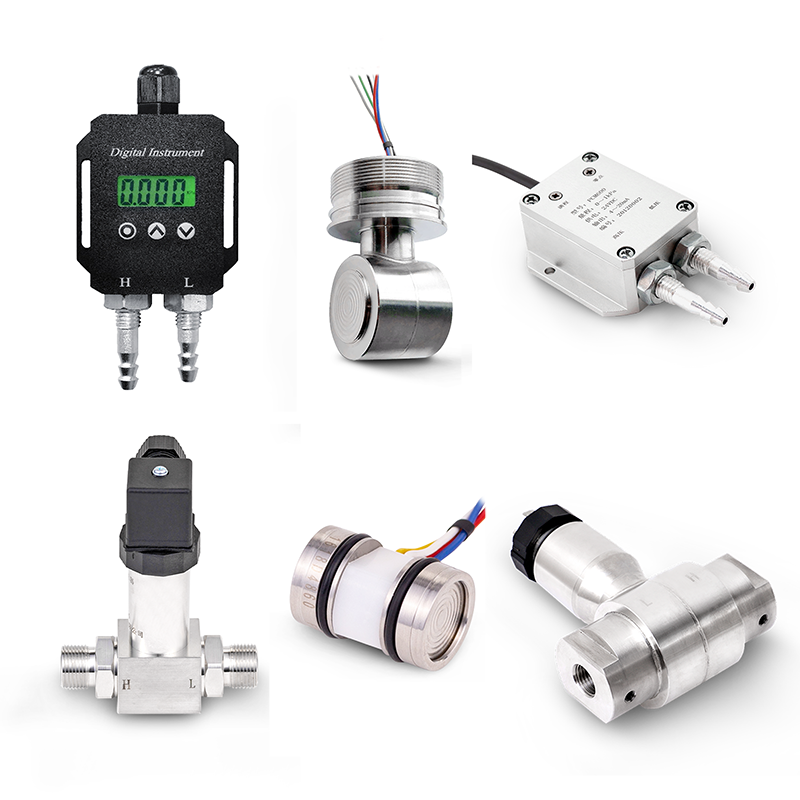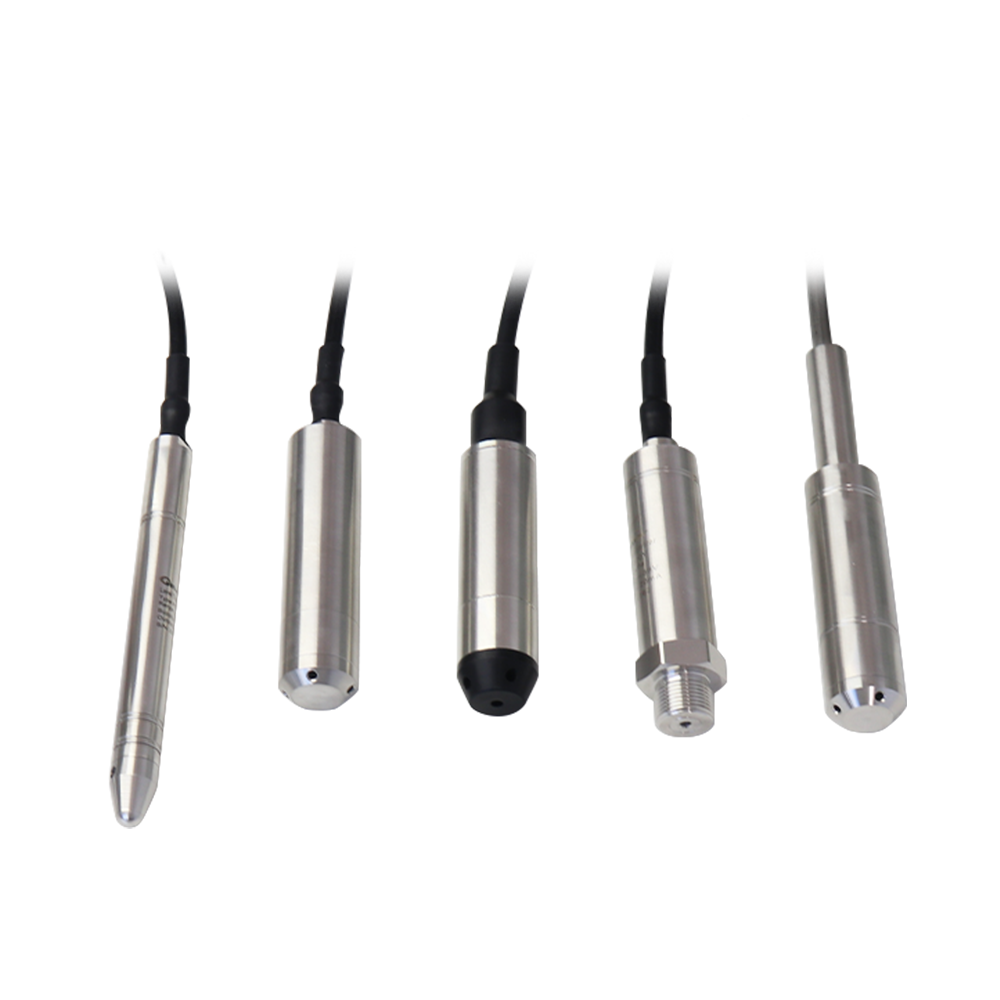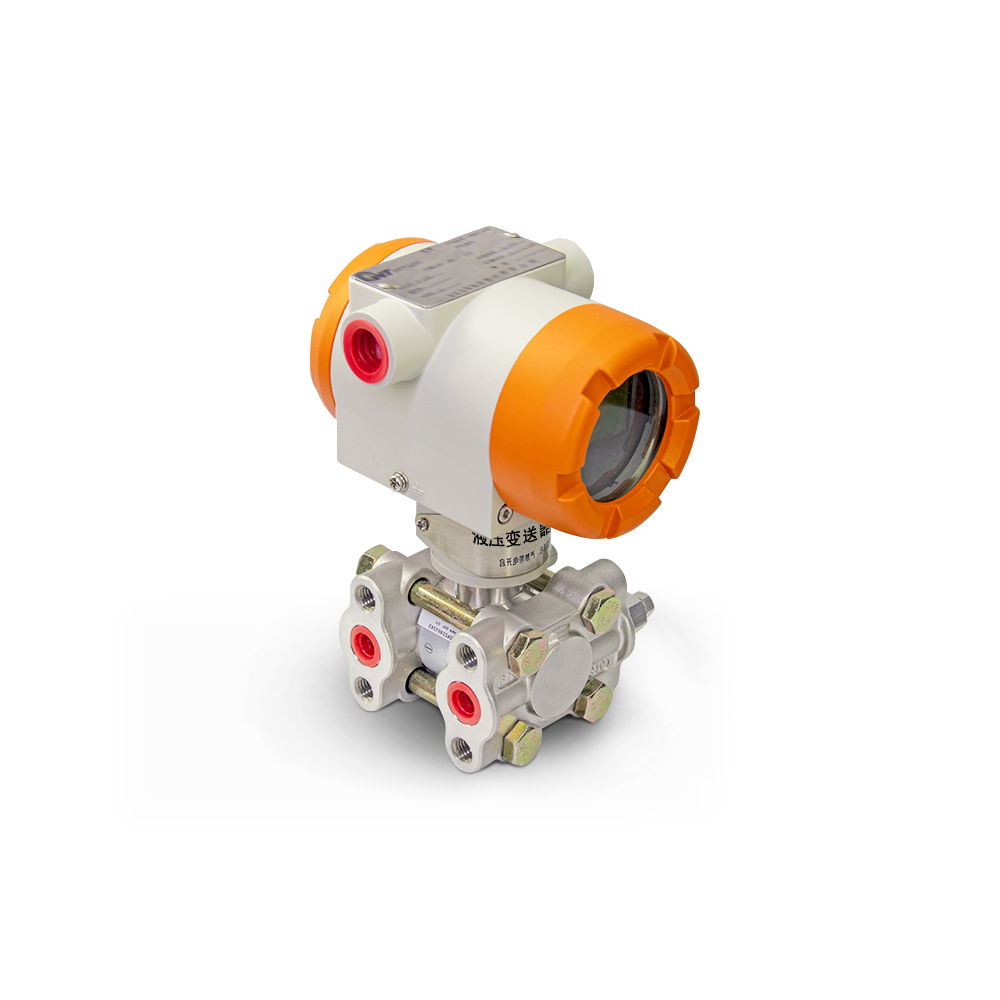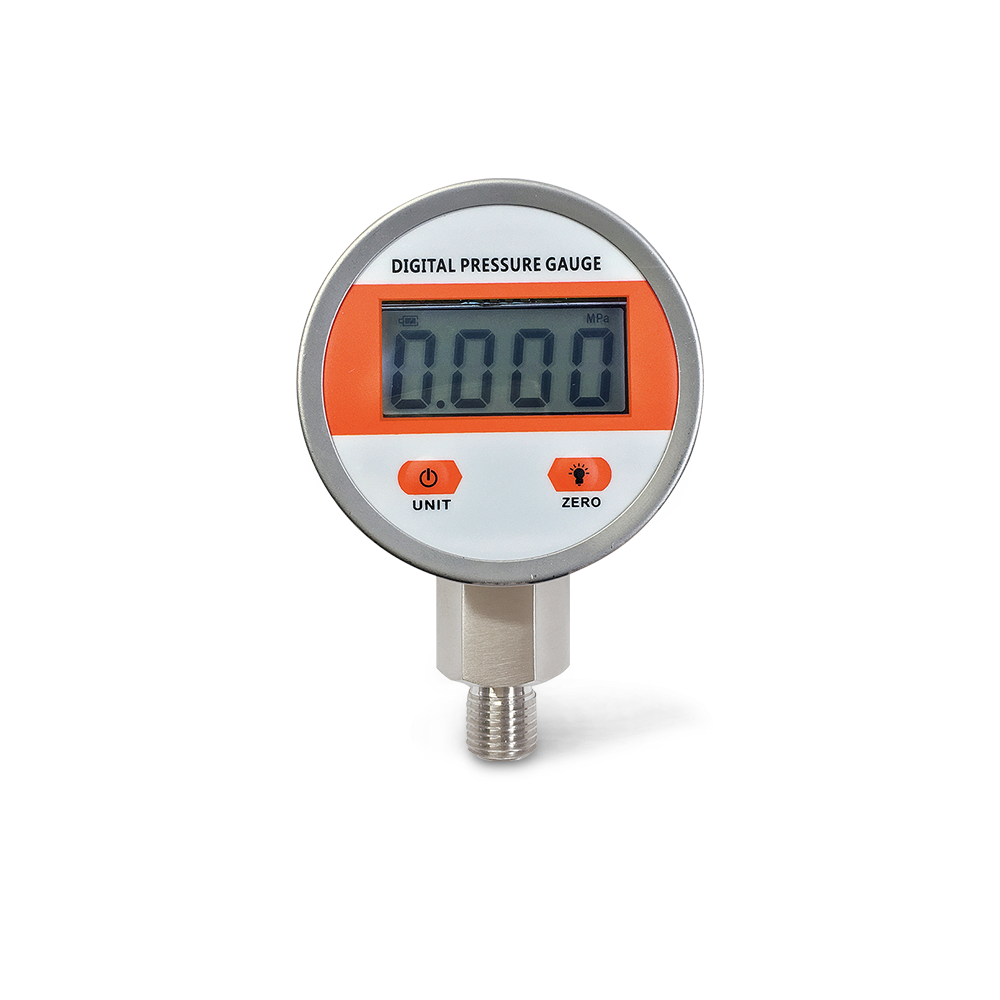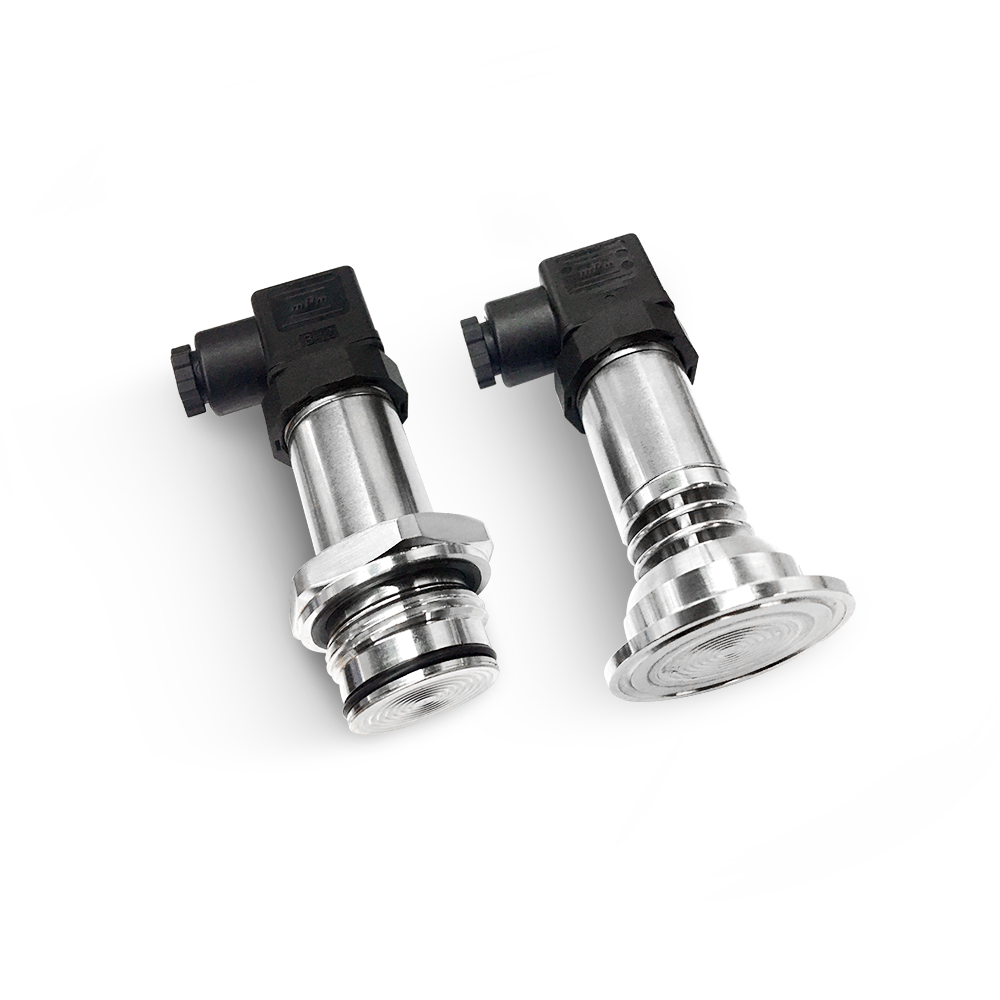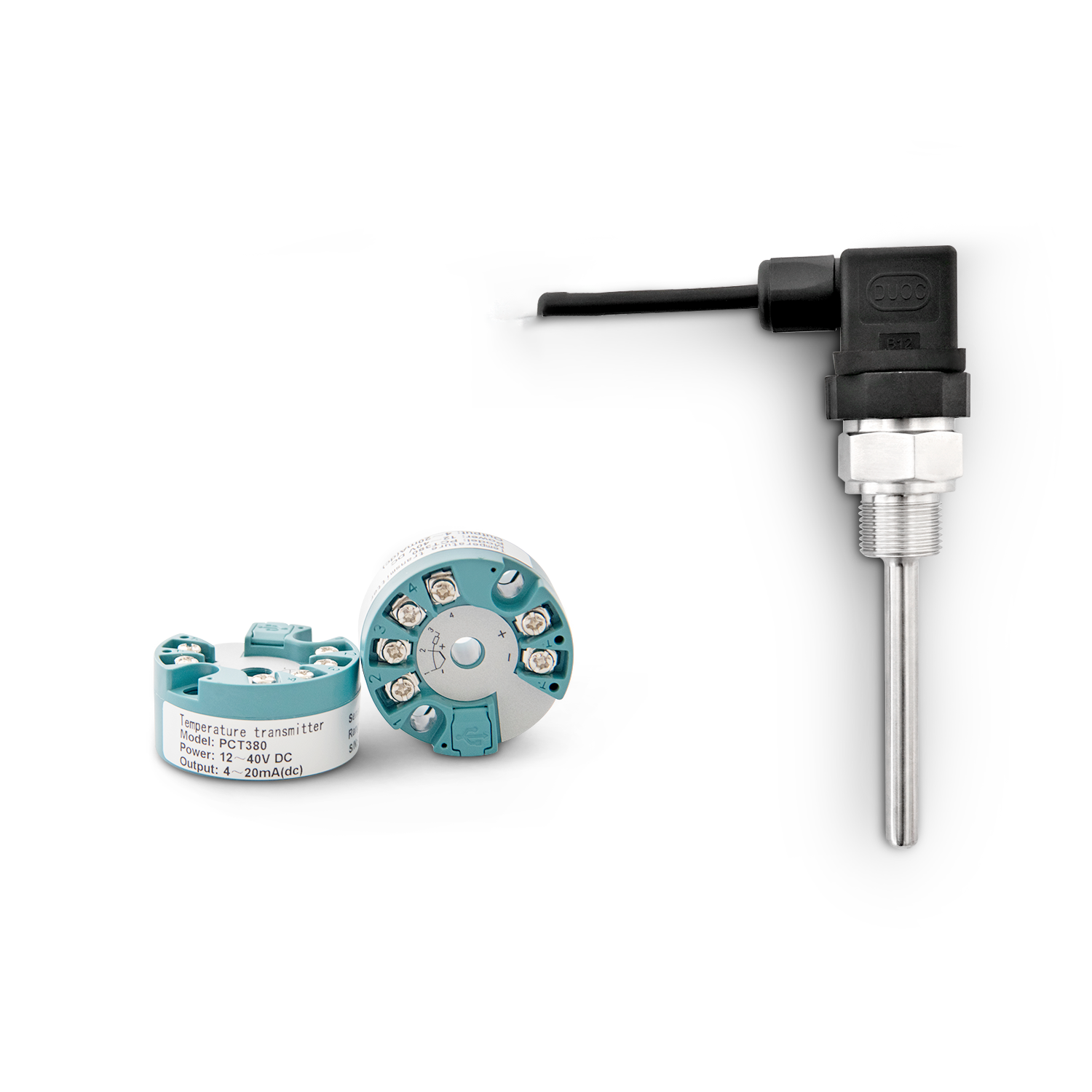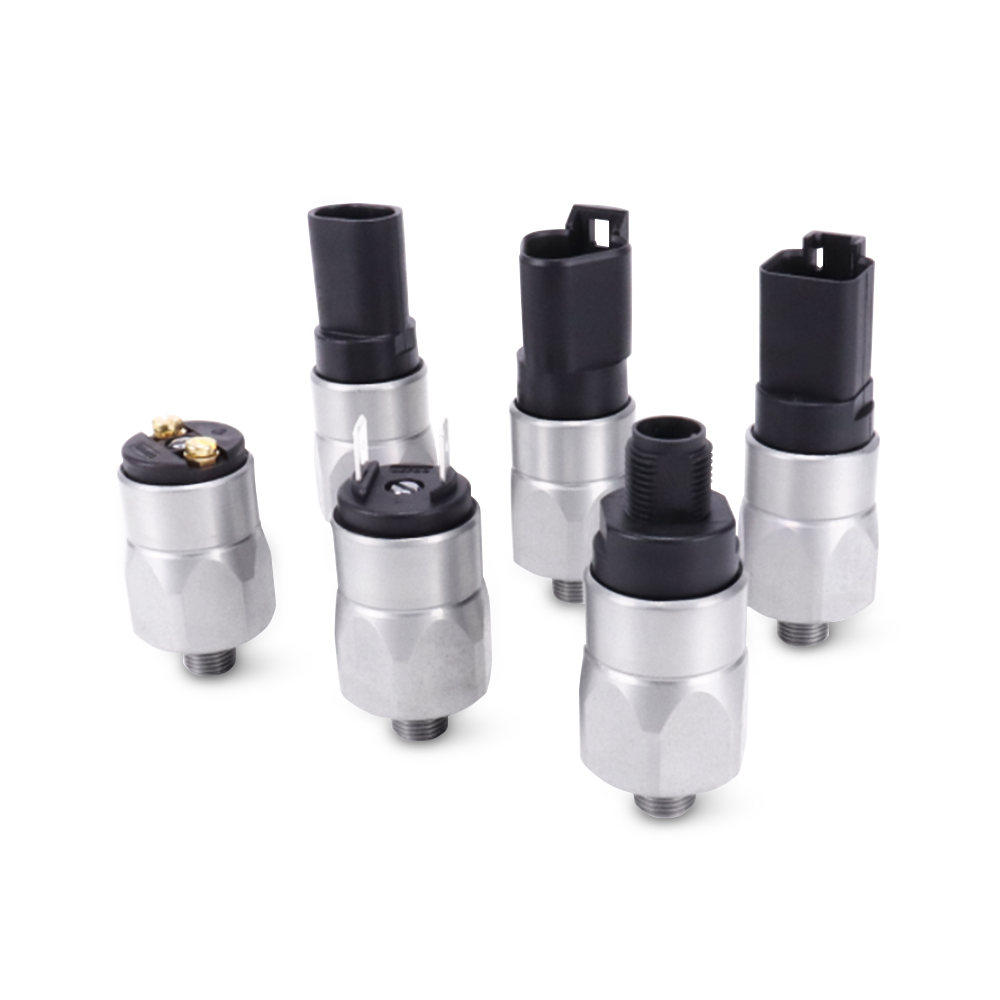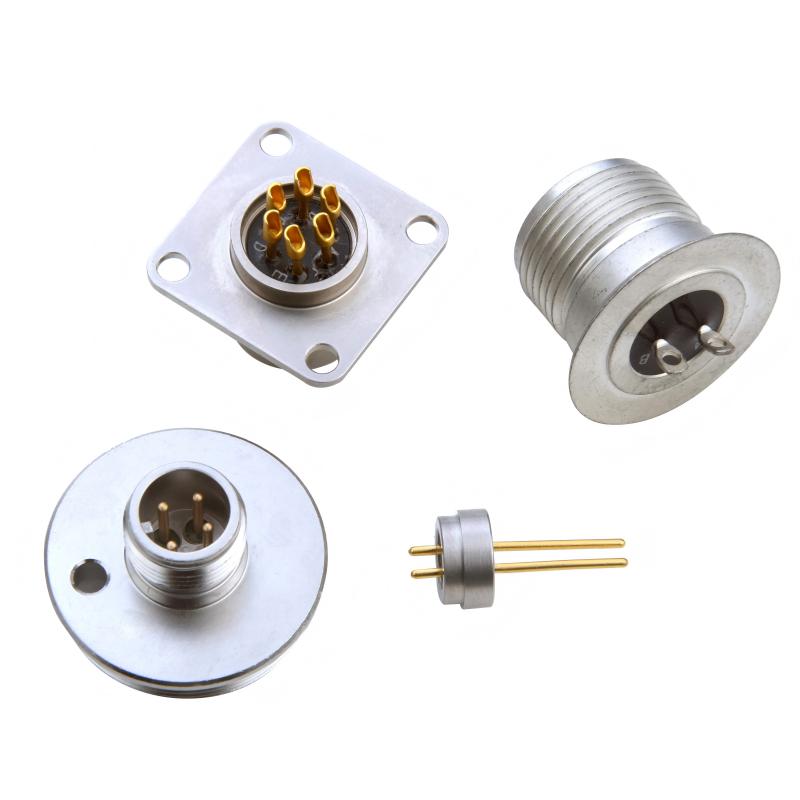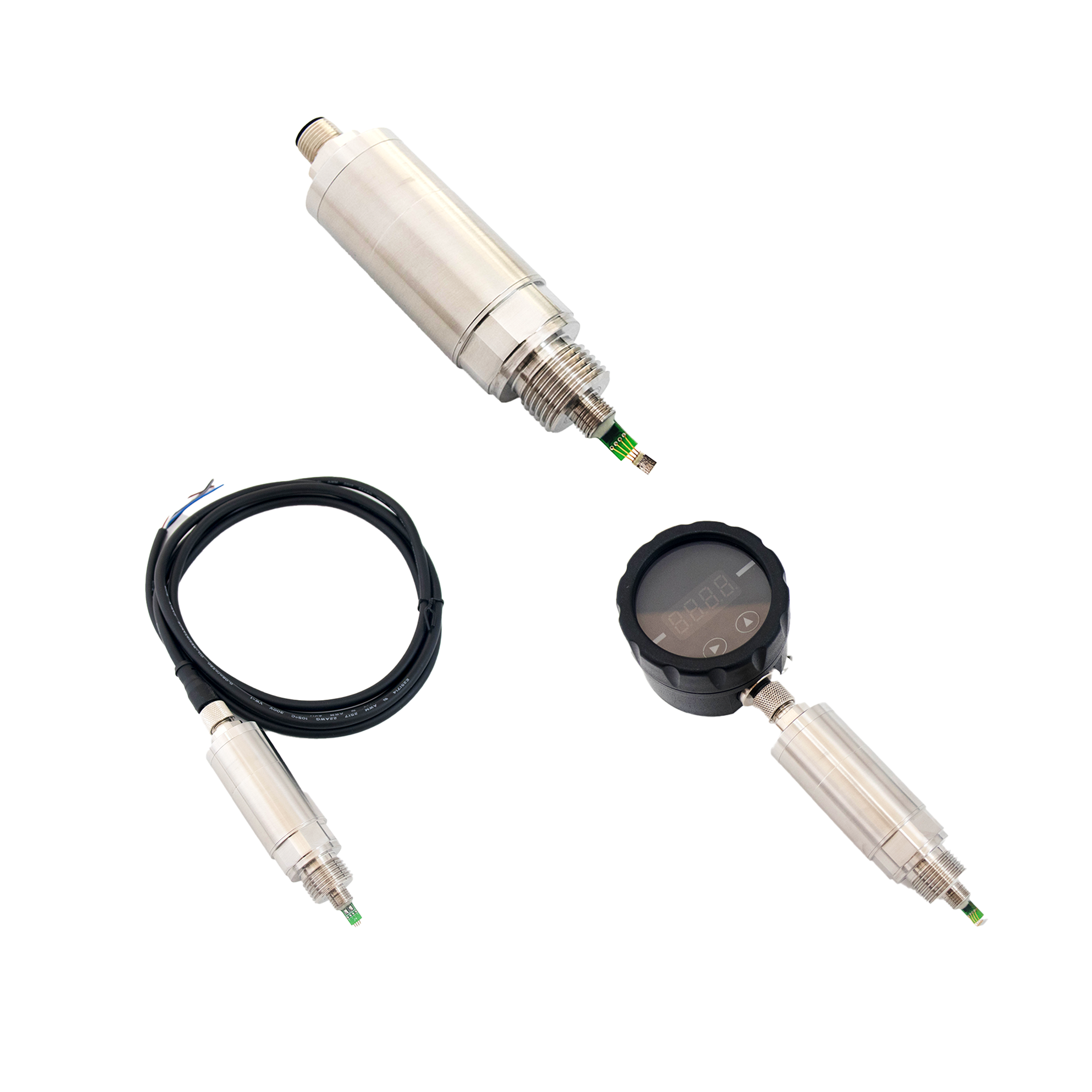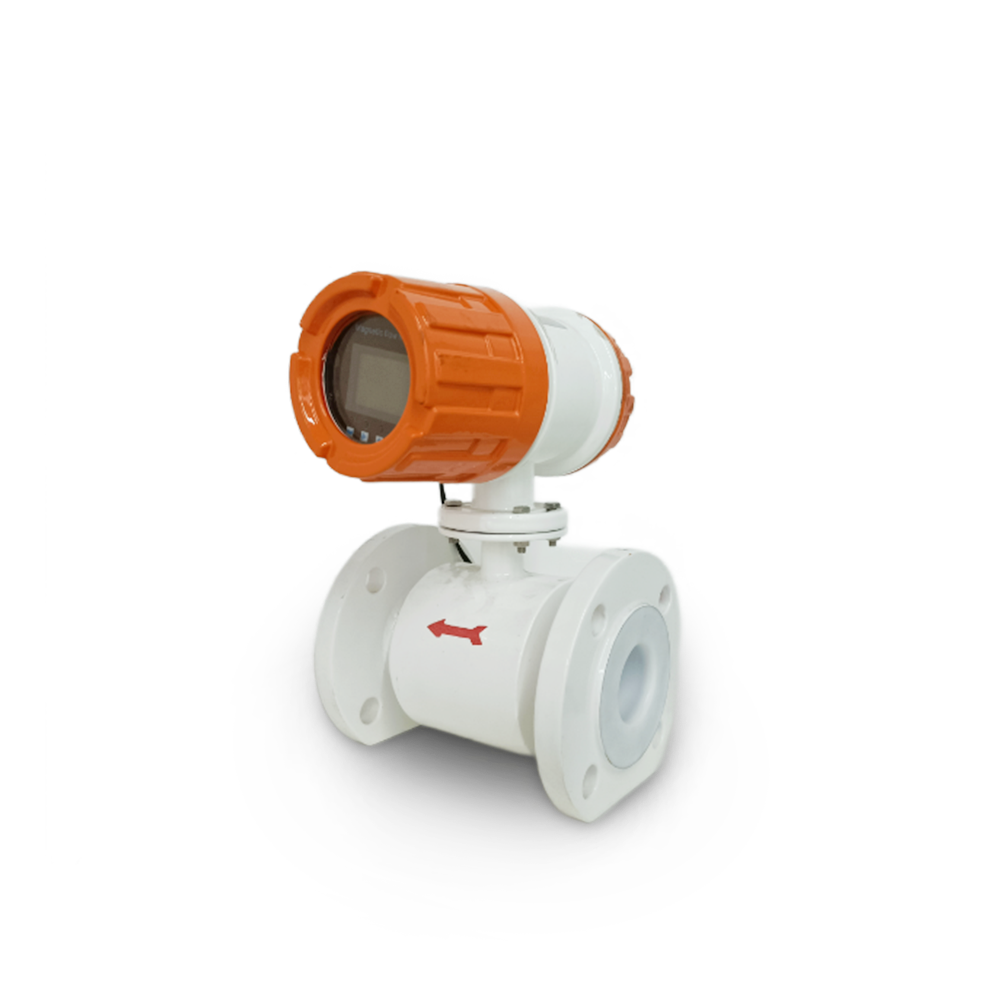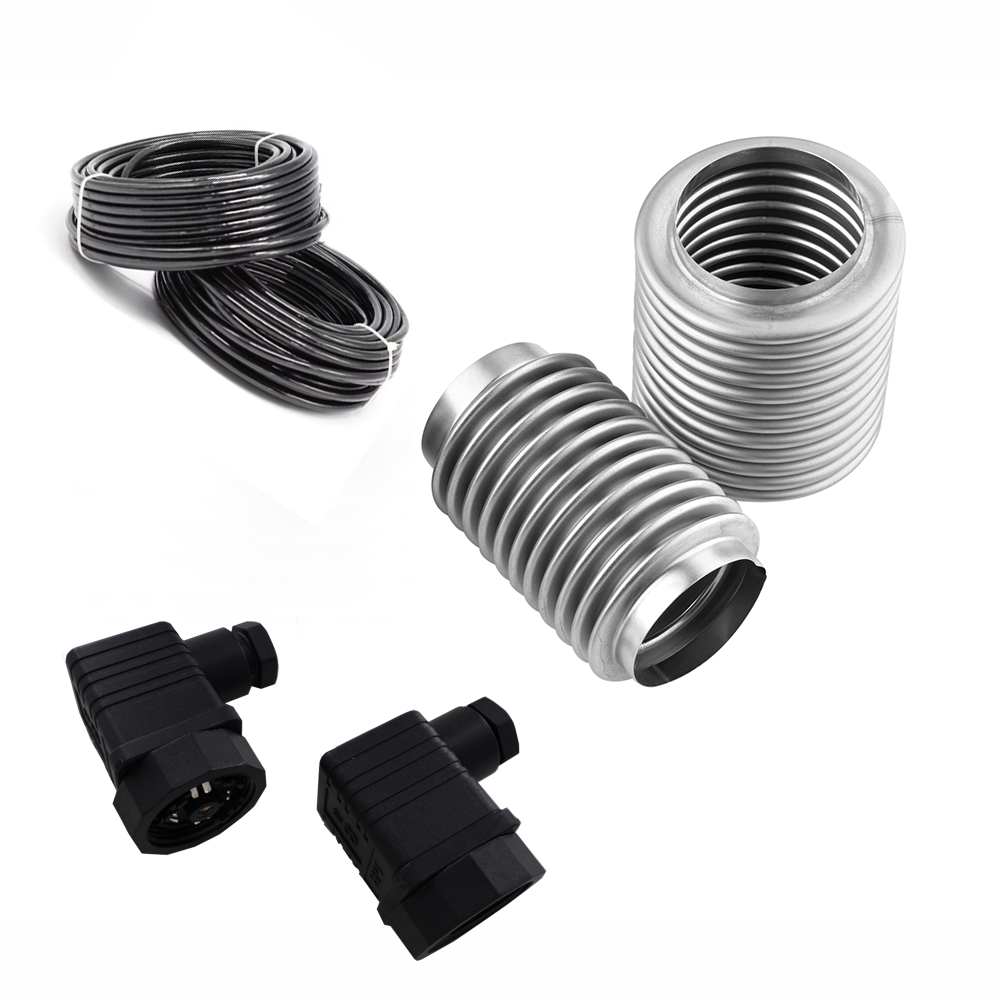PC7 Pressure Sensors in Measuring Corrosive 98% Strong Acid Media
From: Issued date 2025.08.06 Back
In industrial environments, especially in sectors such as chemical processing, pharmaceutical manufacturing, and certain types of power generation, accurately measuring pressure in systems handling highly corrosive materials is critical. Among the various measurement technologies available, small piezoresistive pressure sensors, like the PC7, stand out due to their precision, reliability, and adaptability, even in extreme conditions. The PC7 pressure sensor, designed specifically for such environments, plays an essential role in flow controllers that measure highly corrosive 98% strong acid media.
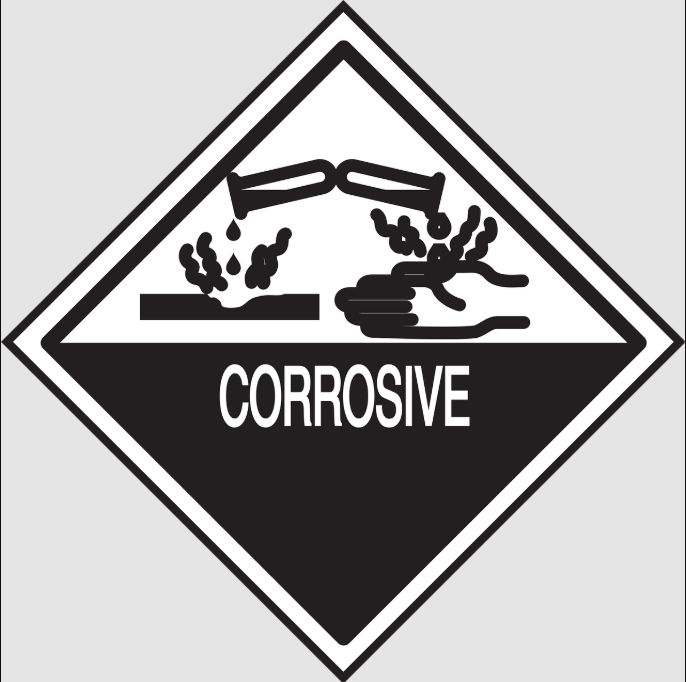
The Importance of Accurate Pressure Measurement in Flow Control Systems
Pressure measurement plays a fundamental role in any system where the flow of liquids or gases needs to be controlled. Accurate pressure readings ensure that processes remain within desired operational limits, preventing damage to equipment, optimizing performance, and ensuring safety. This is especially critical in industries dealing with highly corrosive fluids, such as concentrated acids, where failure to accurately measure and control pressure can lead to catastrophic results.
In flow controllers, pressure sensors help regulate fluid dynamics by providing real-time data to adjust flow rates and maintain stability. This becomes even more challenging when the media being measured is highly aggressive, like 98% strong acids, which can degrade or corrode conventional materials.
Introducing the PC7 Piezoresistive Pressure Sensor
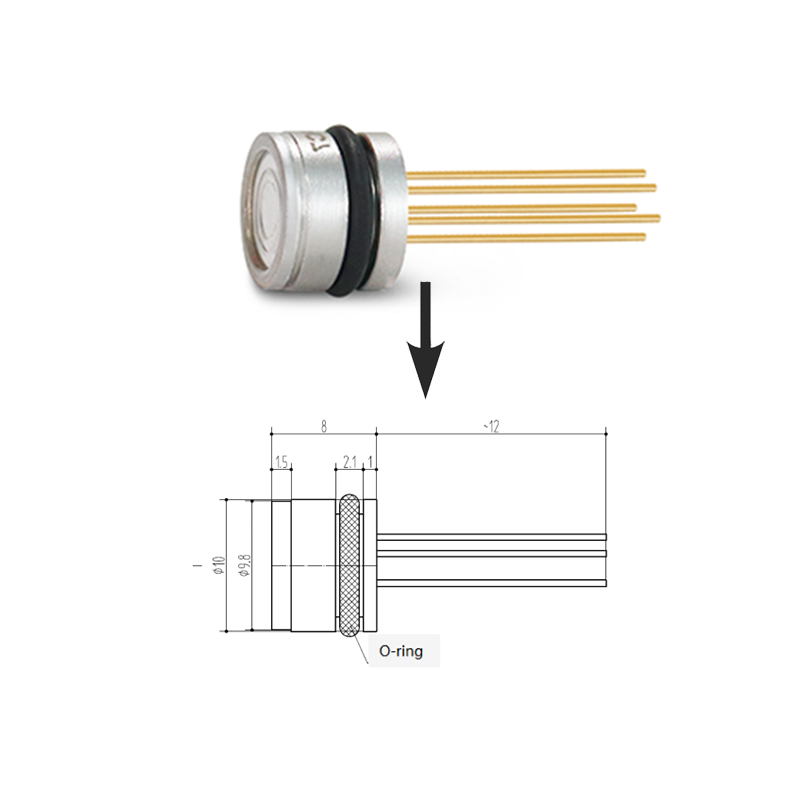
The PC7 flat membrane pressure sensor is a high-performance, high-reliability sensor that has been engineered to excel in demanding applications, including those involving highly corrosive media. The sensor’s key features make it an ideal choice for use in flow controllers for measuring strong acids, ensuring accurate and safe operations.
Key Features of the PC7 Sensor:
1. Small Size: With a compact package size of φ10×8 mm, the PC7 sensor is ideal for applications where space is constrained.
2. High-Performance Pressure Chips: The sensor uses imported pressure chips, known for their exceptional performance, low non-linearity, and long-term stability.
3. 316L Stainless Steel Housing: The sensor’s housing is made of 316L stainless steel, which is highly resistant to corrosion, ensuring durability even when exposed to aggressive chemical environments.
4. All-Solid Structure: The pressure-sensitive die is housed in a sealed stainless steel diaphragm, which isolates it from the corrosive media. This design ensures that the sensor’s internal components do not directly contact the measured media, thereby protecting them from corrosion.
5. Wide Pressure Range: The sensor can measure pressures ranging from 1 MPa to 40 MPa, making it versatile for a variety of industrial applications.
6. O-Ring Seal: The O-ring seal ensures a leak-proof design, preventing the ingress of harmful substances and ensuring the integrity of the sensor over time.
These features collectively ensure that the PC7 sensor provides accurate, reliable, and consistent measurements in challenging conditions.
Applications of the PC7 Pressure Sensor in Flow Controllers for Highly Corrosive Media
The main application of the PC7 sensor is in flow controllers for industries that work with aggressive chemicals, particularly those involving 98% strong acids, such as sulfuric acid or hydrochloric acid. These acids are commonly used in manufacturing processes, including fertilizer production, chemical cleaning, and battery manufacturing. In these applications, pressure sensors must be able to withstand both the high chemical aggression of the fluid and the demanding mechanical conditions.
1. Chemical Processing Plants
In chemical processing plants, the PC7 sensor is used in flow controllers to measure and regulate the pressure of corrosive acids during reactions or transportation. For instance, in the production of sulfuric acid or hydrochloric acid, the pressure inside reaction vessels must be carefully controlled to ensure safe, efficient, and effective reactions. The PC7 sensor helps monitor pressure levels within the required operational range, preventing over-pressurization, which could lead to equipment failure or hazardous leaks.
2. Pharmaceutical and Biotech Industries
In pharmaceutical manufacturing, precise control over pressure is critical, especially when dealing with highly corrosive substances. The PC7 sensor is used in the flow control systems of reactors, vessels, and pipelines, which are often exposed to strong acids during drug production or cleaning processes. Accurate pressure measurement ensures the proper flow rates of corrosive cleaning agents, preventing damage to sensitive equipment and ensuring the safety of the manufacturing environment.
3. Power Generation (Acid Circuits)
Power plants using concentrated acid solutions for various chemical processes, such as the cleaning of gas turbine blades or cooling systems, rely on pressure sensors like the PC7. These plants need to measure the pressure of highly corrosive media circulating through their systems to prevent malfunction and ensure the operational integrity of their equipment. The PC7 sensor, with its stainless steel housing and chemical resistance, provides precise data in these high-pressure applications.
4. Environmental Engineering (Water Treatment Systems)
In water treatment plants where acids are used to adjust pH levels or clean equipment, pressure sensors like the PC7 play an important role in regulating the flow of these corrosive substances. The sensor helps ensure that the chemical dosing systems operate within safe and optimal pressure ranges, avoiding over-pressurization that could cause leaks or spills.
5. Automated Chemical Delivery Systems
The PC7 sensor is also crucial in automated systems that transport and deliver highly corrosive chemicals. Whether in laboratories or large-scale industrial operations, precise control over the pressure of highly concentrated acids is required to prevent damage to equipment and ensure the accurate dispensing of chemicals. The sensor helps automate this process with feedback that allows operators to make real-time adjustments, maintaining the necessary flow rates while minimizing the risk of exposure to dangerous materials.
Advantages of Using the PC7 Sensor in Corrosive Environments
1. Durability and Reliability
The PC7 sensor’s 316L stainless steel housing and all-solid structure ensure that it can withstand long-term exposure to highly corrosive substances. Unlike traditional sensors, which may degrade over time when exposed to such environments, the PC7’s design allows it to maintain its performance and accuracy, even in harsh conditions.
2. High Stability and Accuracy
The imported pressure chips in the PC7 sensor provide excellent non-linearity characteristics and stable performance, which are crucial for precise pressure measurement in flow control applications. The sensor’s ability to deliver accurate readings, even in the presence of highly corrosive fluids, ensures that processes remain safe and efficient.
3. Space-Saving Design
The compact φ10×8 mm package of the PC7 sensor makes it suitable for use in tight spaces, where larger sensors might not be feasible. This feature is especially beneficial in flow control systems where space constraints are common, such as in pipelines or integrated systems.
4. Versatile Application Range
With the ability to measure pressures from 1 MPa to 40 MPa, the PC7 sensor can be used in a wide range of applications, from low-pressure environments to high-pressure systems. This makes it versatile and adaptable for a variety of industries dealing with corrosive media.
5. Cost-Effectiveness
The PC7 sensor combines high performance with long-term durability, reducing the need for frequent replacements and maintenance. This lowers the overall operating costs for industries that rely on pressure measurement in corrosive environments, such as chemical processing or environmental management.
The PC7 piezoresistive silicon pressure sensor is a critical component in flow controllers used for measuring highly corrosive 98% strong acid media. Its high reliability, accuracy, and durability make it an ideal solution for industries handling aggressive chemicals. Whether in chemical processing, power generation, pharmaceuticals, or water treatment, the PC7 sensor provides vital pressure data that helps ensure safe, efficient, and precise operations. Its small size, resistance to corrosion, and long-lasting performance make it a trusted choice for environments where conventional sensors would fail. By leveraging the capabilities of the PC7, industries can optimize their processes while ensuring the safety of both personnel and equipment.

